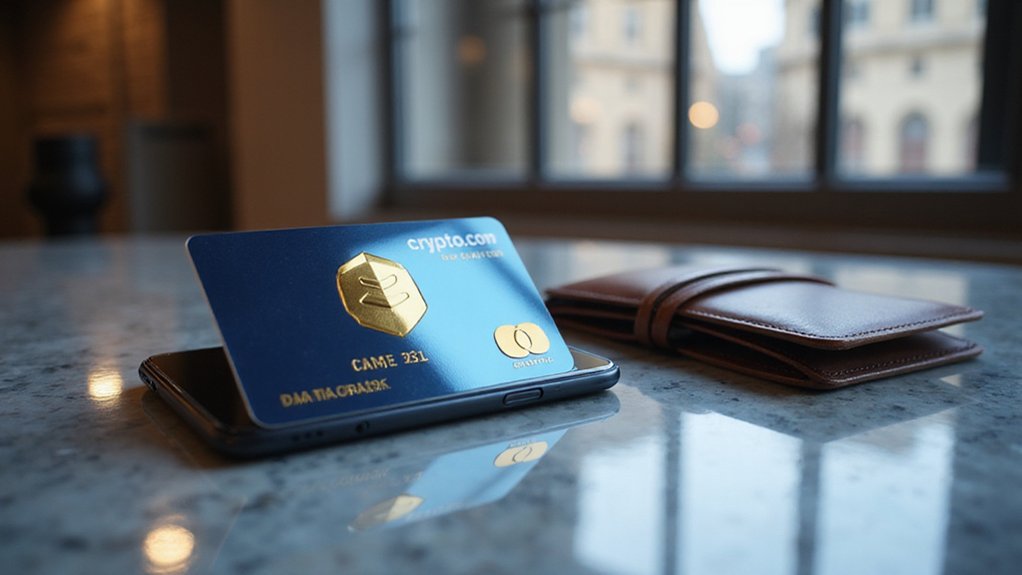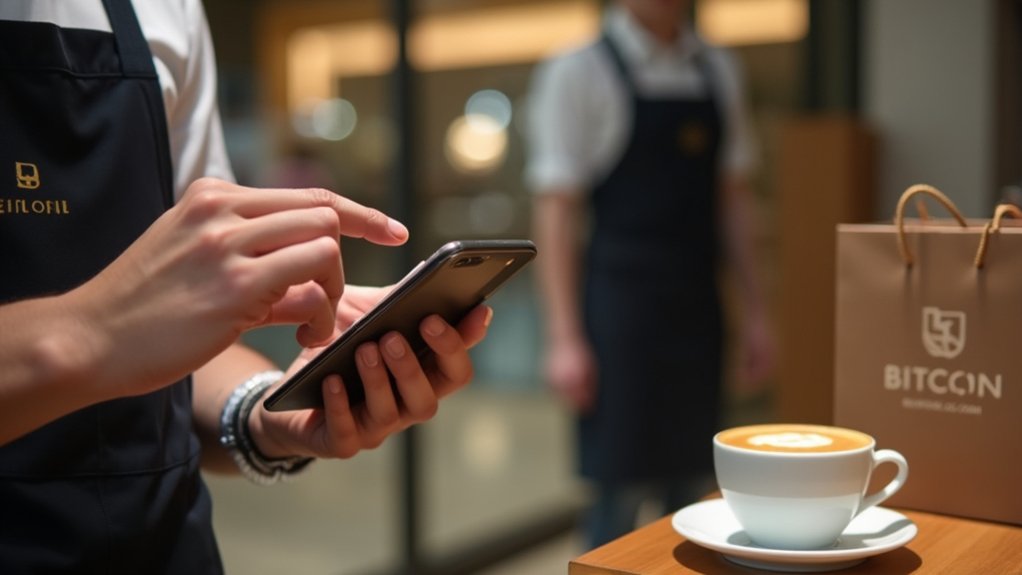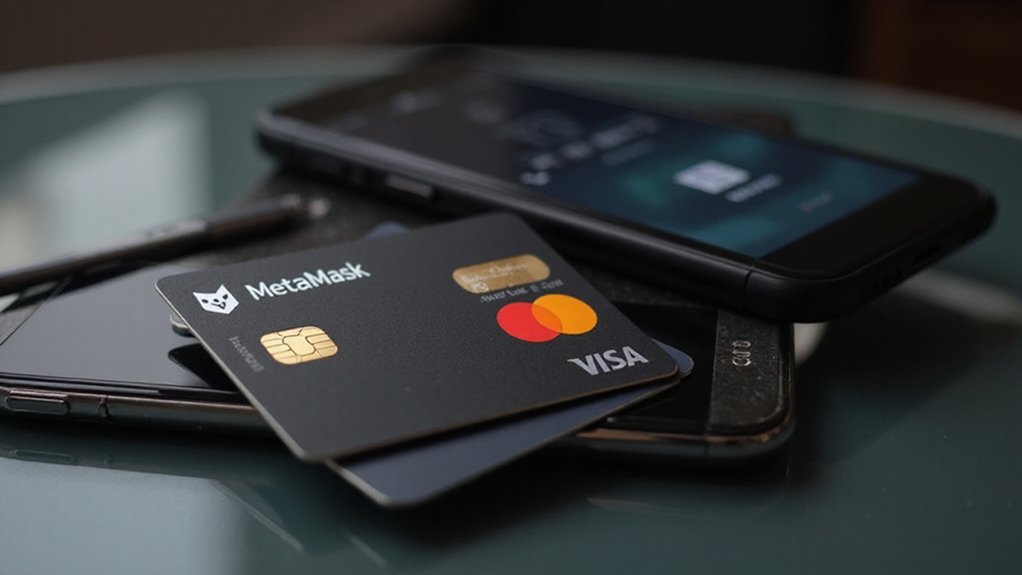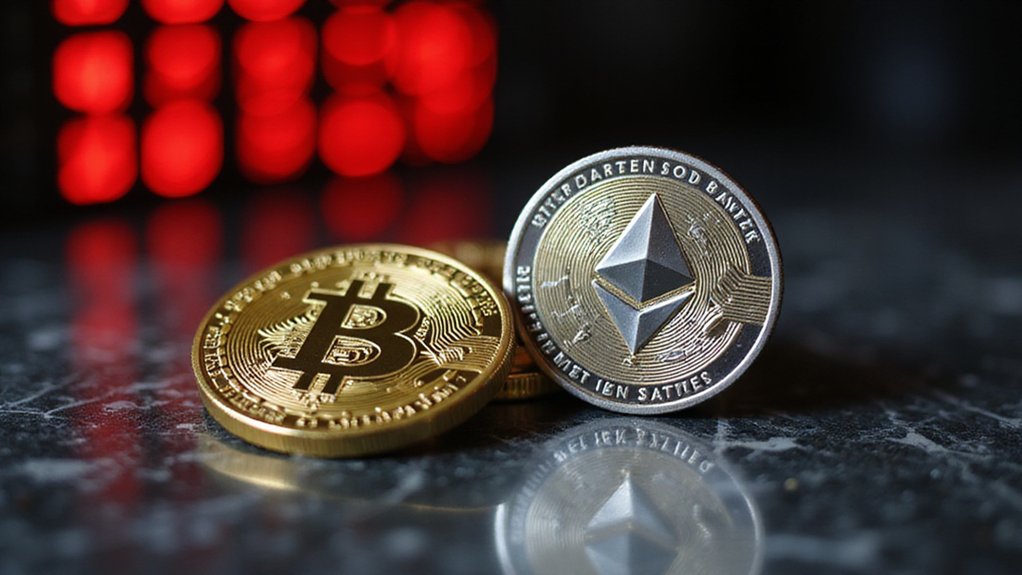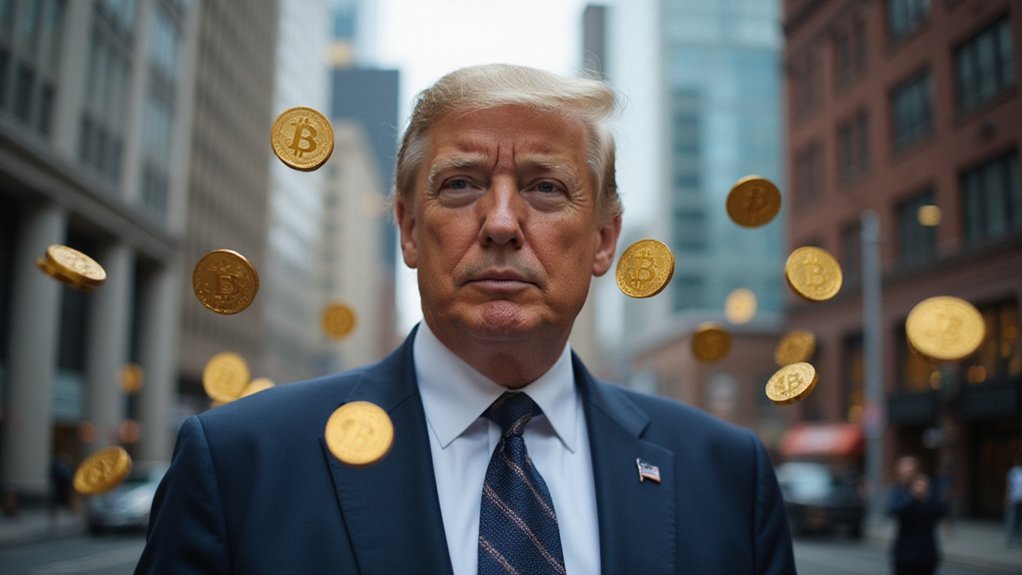While tech giants have long eyed the financial services sector with varying degrees of success—one need only recall Facebook’s ill-fated Libra project to appreciate the regulatory minefield—Google has quietly positioned itself as the infrastructure provider rather than the disruptor, launching its Universal Ledger (GCUL) as a Layer-1 blockchain platform designed specifically for cross-border payments and asset settlement.
Unlike the grandiose ambitions of failed predecessors, GCUL takes a invigoratingly pragmatic approach, targeting financial institutions that require flexible, secure transaction infrastructure without the theatrical promises of revolutionizing global finance overnight. The platform utilizes Python-based smart contracts—a choice that suggests Google understands institutional preferences for familiar programming environments over esoteric blockchain languages that require specialized talent.
Google’s Python-based smart contracts signal a refreshingly institutional approach, favoring pragmatic familiarity over blockchain’s typical technological theatrics.
The credibility test comes through institutional adoption, and here GCUL demonstrates tangible progress. CME Group, hardly known for embracing unproven technology, has completed its first phase of integration, focusing on low-cost, 24/7 settlement for collateral and margin operations. Direct market participant testing begins within the year, with commercial rollout targeted for 2026—a timeline that reflects the measured pace of institutional finance rather than Silicon Valley’s “move fast and break things” ethos.
GCUL’s positioning as neutral infrastructure cleverly sidesteps the competitive tensions that have plagued other blockchain initiatives. While Ripple battles regulatory challenges and Circle prepares its Arc blockchain for stablecoin payments, Google emphasizes complementing existing business models rather than displacing them—a strategy that may prove more palatable to risk-averse financial institutions. Meanwhile, Stripe’s Tempo blockchain seeks compatibility with Ethereum’s coding language, adding another competitor to the institutional blockchain space. Google’s recent investment in Bitcoin miner CleanSpark indicates the company’s broader commitment to the cryptocurrency ecosystem beyond just infrastructure provision.
The platform’s atomic settlement capabilities address genuine pain points in cross-border finance, where multi-day payment cycles and settlement risk create operational headaches. By leveraging Google Cloud’s infrastructure for scalability and security, GCUL avoids the performance limitations that have hindered other blockchain platforms. Unlike traditional DeFi platforms that prioritize peer-to-peer transactions, GCUL focuses specifically on institutional requirements and regulatory compliance.
Perhaps most notably, GCUL incorporates cloud-based analytics for enhanced fraud detection and anti-money laundering compliance—addressing the regulatory concerns that have stymied previous blockchain payment initiatives. This integration of compliance capabilities with settlement infrastructure suggests Google has learned from others’ regulatory missteps, positioning GCUL not as a disruptive force but as an evolutionary improvement to existing cross-border payment mechanisms.

